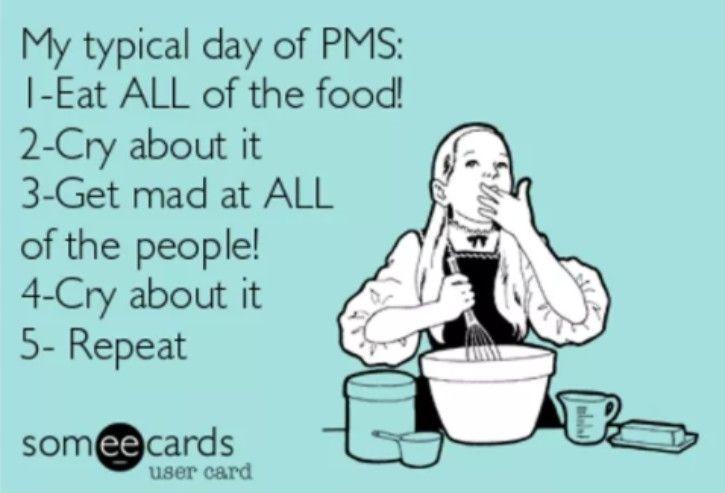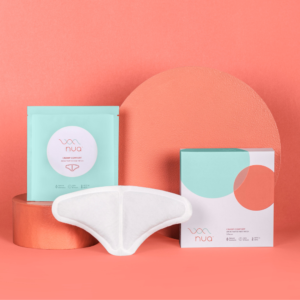PMS or Premenstrual syndrome – the known devil, comes every single month. It usually makes you feel super uncomfortable. You might want to attack someone who’s typing too loudly and the next second, you would want to give the same person a hug for passing a pen to you. We’re always wondering where this behaviour stems from. Well, a hormone imbalance is the culprit.
So, what is actually going on with you?
PMS affects you on all possible levels – physically, emotionally and psychologically. For many women it could be one of the most unpleasant and dreaded experiences, one of the largest reasons being the mood swings, bloating and period cramps it causes. It’s a wide range and strange combination of emotions and physical aches and pains, that make that duration a very difficult one.
Who’s the Culprit?
Well, again, its the hormone imbalance!
Oestrogen – The Mood Changer
This is the hormone that takes you on a roller coaster ride. Literally. The oestrogen levels in your body rise slowly just after your period and come crashing down like a landslide, just days before it’s back. And that’s when the mood swings go off the chart.
Serotonin – The Slippery Slope
This is our happy hormone. Generally, serotonin makes us feel like a child in a bouncy house. However, the oestrogen crash effects this hormone. Serotonin levels drop along with the estrogen levels and our stable, happy mood goes for a toss.
Stress – The Silent Killer
Stress like we all know, is well, stressful. This is what we should all try and avoid doing. Whilst stress isn’t known to cause PMS, it definitely makes it worse.
The Sweet Escape
We all want a solution to be free from this pain & suffering!
1. Get regular aerobic physical activity throughout the month: Exercise can help with symptoms such as depression, difficulty concentrating, and fatigue.
2. Choose healthy foods most of the time: Avoiding foods and drinks with caffeine, salt, and sugar in the two weeks before your period may lessen many PMS symptoms. Learn more about healthy eating for women.
3. Get enough sleep: Try to get about eight hours of sleep each night. Lack of sleep is linked to depression and anxiety and can make PMS symptoms such as moodiness worse.
4. Find healthy ways to cope with stress: Talk to your friends or write in a journal. Some women also find yoga, massage, or meditation helpful.
5. Avoid smoking, alcohol and excessive sweets: In one large study, women who smoked reported more PMS symptoms and worse PMS symptoms than women who did not smoke.
One of the most preferred way to tackle PMS is heat. Nua Cramp Comfort hugs your body warmly for 8-hours and keeps you comfortable. You can get your pack right here.










2 Comments